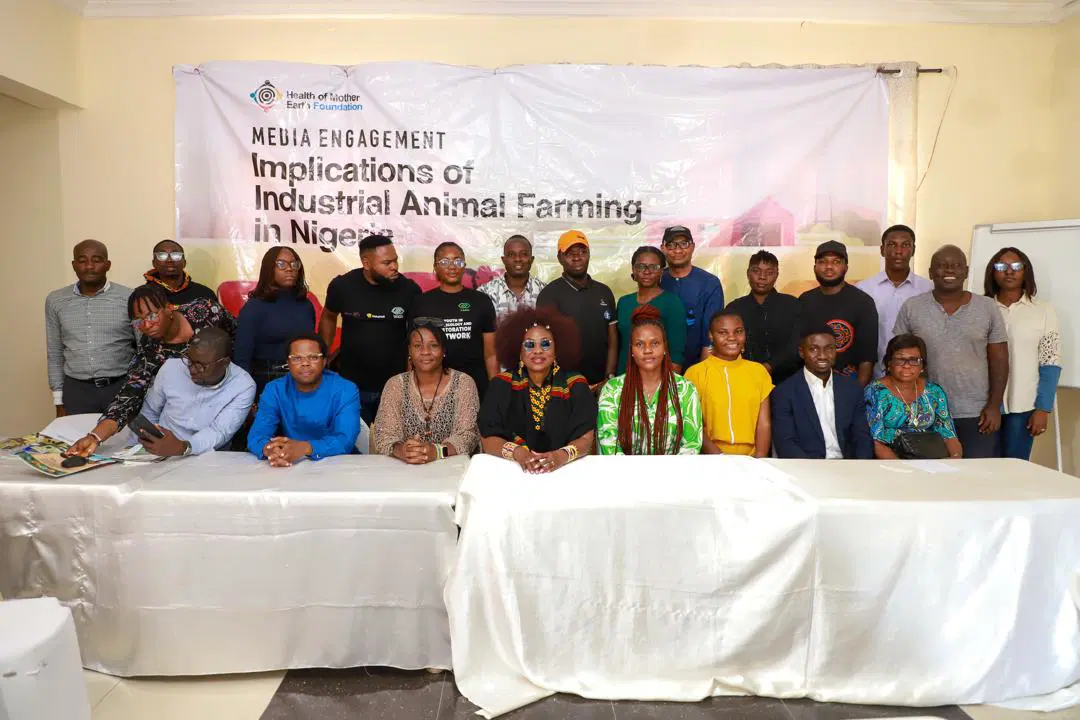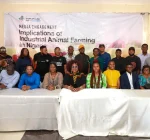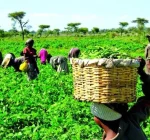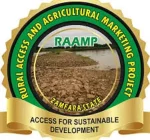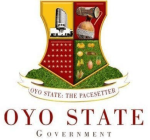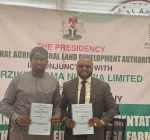Factory farming poses fresh threat to Nigeria’s environment, public health — Experts
- 25 Views
- Agribusiness Africa
- October 23, 2025
- News & Analysis
Environmental and food-sovereignty advocates have raised urgent concerns that Nigeria could face grave ecological and public-health consequences if it embraces large-scale industrial animal farming without strong regulation and oversight.
Speaking in Lagos during a one-day Media Training on Industrial Animal Farming and Its Implications for Nigeria, organised by the Health of Mother Earth Foundation (HOMEF) in partnership with the Environmental Rights Action/Friends of the Earth Nigeria (ERA/FoEN), the Youth in Agroecology and Restoration Network (YARN), and the HEDA Resource Centre, experts described factory farming as “a destructive model that prioritises profit over people, animals, and the planet.”
Barr. Mariann Bassey-Olsson, Deputy Executive Director of ERA/FoEN and Chairperson of the Alliance for Food Sovereignty in Africa, cautioned that the recent $2.5 billion investment deal between the Federal Government and Brazilian meat company JBS S.A. could trigger widespread deforestation, pollution, and rural displacement.
“Nigeria must not become a dumping ground for industrial agribusiness. We need policies that protect our farmers and our environment, not foreign corporations,” she stated.
She further warned that factory farming drives greenhouse-gas emissions and antibiotic misuse, aggravating climate change and public-health risks.
In his remarks, Mayowa Shobo, Programme Manager at HEDA Resource Centre, emphasised that industrial livestock systems are less about food security and more about corporate profit. He highlighted the dangers of cramming thousands of animals into confined spaces — including disease outbreaks, water contamination, and land degradation.
“The true cost of cheap meat is paid by communities who lose their land and by consumers who face health hazards,” he noted.
Abimbola Solagbade, a Public Health Specialist and Researcher at the University of Ibadan, examined the health dimension, linking large-scale animal production to antibiotic resistance and food-borne infections. She urged government agencies to enforce environmental impact assessments (EIA) and ensure transparency in licensing industrial farming operations.
“Our laws are weak, and enforcement is weaker. Without strong oversight, factory farming will endanger both people and animals,” she warned.
Also speaking, Joyce Brown, Programme Officer at HOMEF, said the training sought to equip journalists with knowledge on the deeper consequences of industrial agriculture and to promote evidence-based environmental reporting.
Participants concluded that Nigeria’s food system must prioritise agroecology and smallholder farming as sustainable pathways for food security, climate resilience, and environmental protection.
Source: Vanguard Nigeria
Expert Review for Agri-Food Stakeholders
As Nigeria deepens its pursuit of agricultural industrialization, the debate around sustainability versus scalability has never been more urgent. Experts at the Lagos forum unpacked the hidden dimensions of factory farming — from policy loopholes and health threats to environmental degradation and the displacement of smallholder farmers.
- Policy Blind Spots: The $2.5 billion JBS S.A. deal exposes the vulnerability of Nigeria’s agricultural policy landscape to external corporate influence. Without a defined regulatory framework, industrial farming may undermine national food sovereignty and local food economies.
- Health & Biosecurity Threats: Factory farms accelerate the spread of zoonotic diseases and antimicrobial resistance, posing hidden risks to both human and animal health. Strengthening veterinary and environmental surveillance is now a national imperative.
- Environmental Fallout: From methane emissions to polluted water tables, industrial livestock systems magnify Nigeria’s ecological vulnerabilities. The carbon footprint alone undermines the country’s climate commitments under the Paris Agreement.
- Economic Displacement: The expansion of factory farming risks pushing smallholder farmers to the margins, eroding community resilience and threatening the livelihoods of rural populations that sustain the food economy.
- The Case for Agroecology: Agroecological systems — integrating traditional knowledge, biodiversity, and circular resource use — present a more sustainable alternative. Investing in them is both a climate adaptation and food-security strategy.
Conclusion
The call from experts is unmistakable: Nigeria stands at a crossroads. The path of industrial animal farming promises short-term gains but long-term ecological and health costs, while agroecology offers resilience, equity, and sustainability.
For policymakers, agribusiness investors, and food advocates, the moment demands a collective rethink — one that centers people, planet, and prosperity in the nation’s agricultural vision.
Building a sovereign, climate-smart, and farmer-driven food system is not just an environmental necessity — it’s a national survival strategy.
- #AfricaAgriVoice
- #AgriDevelopment
- #AgriGovernance
- #AgriInnovation
- #AgriInvestment
- #AgriMedia
- #AgriPolicy
- #AgriReform
- #AgriSustainability
- #AgriSystems
- #AgriTransformation
- #AgriWatch
- #Agroecology
- #AnimalWelfare
- #Biodiversity
- #CircularAgriculture
- #ClimateAction
- #ClimateResilience
- #EcoFarming
- #EcoTransition
- #EnvironmentalJustice
- #FarmersFirst
- #FarmToFuture
- #FoodSovereignty
- #GreenEconomy
- #NaturePositiveFarming
- #NigeriaAgriculture
- #OneHealth
- #PlanetPositive
- #RuralEconomy
- #SoilHealth
- #SustainableFarming
- #SustainableFoodSystems
- #YouthInAg
- FoodSecurity

